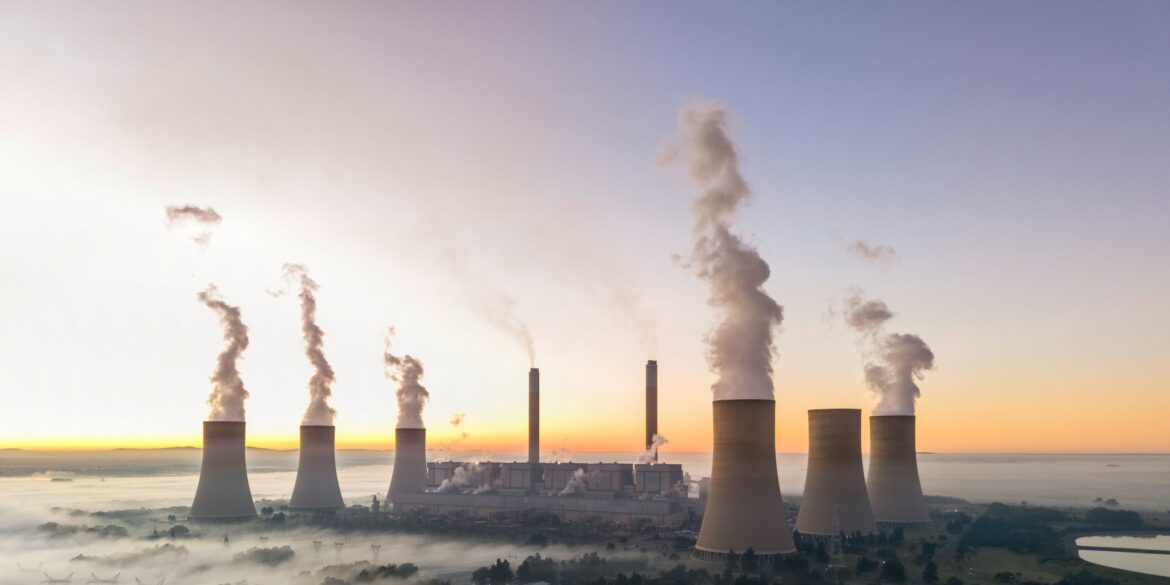President Donald Trump’s administration has taken a decisive step towards rolling back clean energy initiatives in favor of expanding fossil fuel production. Framed under the umbrella of addressing an “energy emergency,” this approach seems increasingly out of touch with both scientific understanding and the economic realities of the modern world. While the intention may be to secure immediate energy needs, the policies reflect a dangerous disregard for the long-term health of the planet, the well-being of future generations, and the economic potential of renewable energy.
Trump’s declaration of a national energy emergency in January 2025 was a stark response to what he claimed were deficiencies in the nation’s energy infrastructure. Despite the United States being one of the world’s largest producers of oil and natural gas, Trump’s administration argued that energy production was still insufficient to meet current and future demands. This led to a sharp acceleration in fossil fuel projects, including increased drilling activities and the fast-tracking of pipeline construction. While these actions might be viewed as politically expedient, they come at a significant cost. Environmental experts and legal scholars warn that these moves could undermine critical environmental protections, resulting in serious consequences for public health and the climate. The push to expand fossil fuel production seems to ignore the rapidly deteriorating environmental landscape that such policies contribute to, especially when considered in the context of the worsening climate crisis.
Read Also: https://democratdigest.com/the-fight-for-universal-healthcare-can-it-become-reality/
In a parallel move that highlights the administration’s fossil fuel-centric approach, tariffs have been imposed on essential wind-turbine components, which has caused significant disruption to the growing clean energy sector. The halted development of offshore wind projects—such as the Revolution Wind project off Rhode Island, which was nearing completion—further underscores the administration’s apparent reluctance to embrace renewable energy sources. These actions stand in stark contrast to the clear trajectory of the global energy market, where countries are increasingly shifting toward clean energy to mitigate climate change and future-proof their economies. The effects of these policy decisions have already begun to show: not only are they stymying the development of renewable infrastructure in the U.S., but they are also eroding confidence in the stability and future reliability of the nation’s energy grid.
This failure to transition to renewable energy sources is even more troubling given the overwhelming consensus within the scientific community regarding the urgent need to combat climate change. The Trump administration’s efforts to revoke the 2009 endangerment finding, which recognized climate change as a significant threat to public health, have drawn widespread criticism from climate scientists. Many argue that the reports and conclusions issued by the administration are deeply flawed, filled with misinterpretations of existing research and outright errors. As these scientific voices continue to point out the dangers of the administration’s energy policies, it becomes clear that the administration is aligning itself with a narrative that fails to address the growing reality of climate change. While fossil fuel industries may find short-term benefits from these policies, the long-term economic and environmental costs will inevitably outweigh them.
Globally, the contrast between the U.S. approach and that of other major economies is stark. Countries like China and members of the European Union are forging ahead with ambitious investments in renewable energy infrastructure. China is rapidly expanding its renewable energy sector, particularly in solar and wind technologies, while the European Union has committed itself to a green energy transition as part of its long-term economic strategy. These nations are not only working to combat climate change but also positioning themselves as the leaders in a rapidly growing sector that is expected to drive global economic growth for decades to come. Meanwhile, the U.S. risks falling behind as it clings to outdated energy policies that place it at odds with the global trend towards clean energy.
While Trump’s energy policies may provide short-term economic gains for the fossil fuel industry, they are ultimately short-sighted and unsustainable. These policies ignore the undeniable evidence of climate change and the rapidly expanding global green economy. The global momentum toward renewable energy is clear, and it’s only a matter of time before the U.S. will be left in the dust if it continues to deny the reality of climate change and the economic benefits of clean energy. The real question remains: How long can the Trump administration, and future leaders who follow his example, ignore the growing consensus that a transition to clean energy is not just an environmental necessity, but an economic opportunity waiting to be seized? With the future of the planet at stake, the time for change is now.

